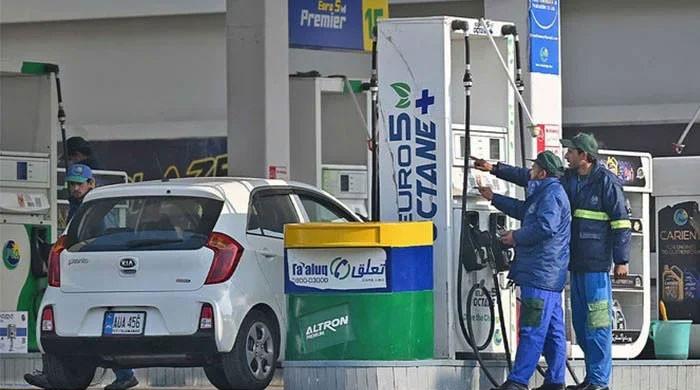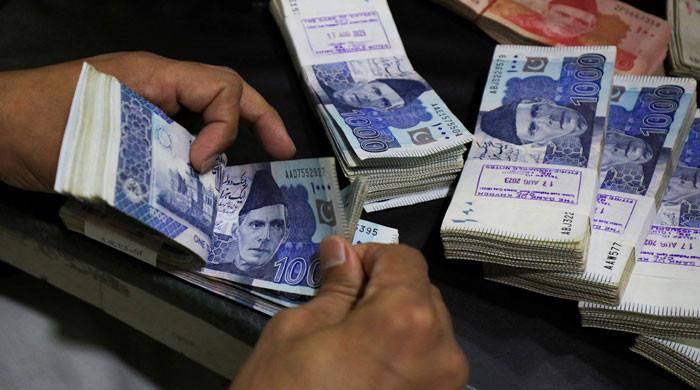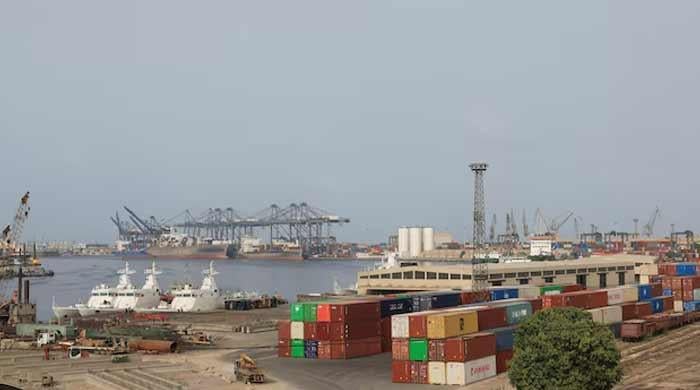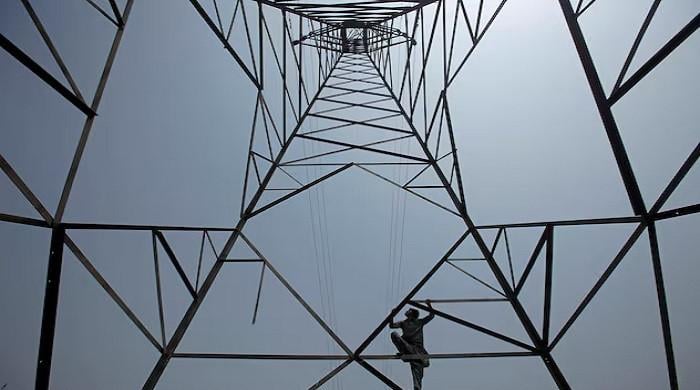Inventory shortages force Pak Suzuki to extend plant closure
PSMC's motorcycle plant would remain operative; industry urges govt to solve problems on urgent basis
January 07, 2023
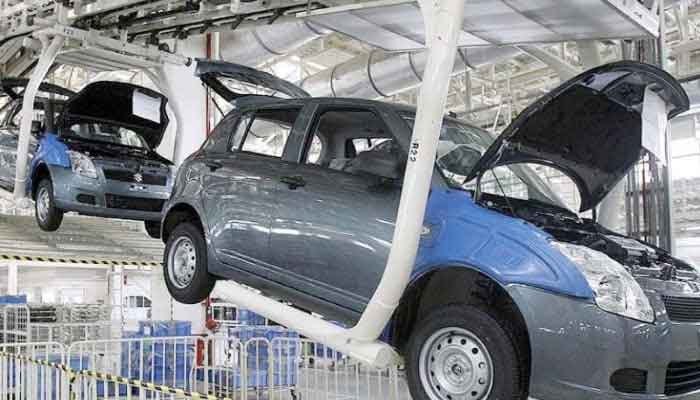
- PSMC's motorcycle plant to remain operative.
- Industry urges govt to solve problems on urgent basis.
- Continued shortage of inventory level behind extension in shutdown.
KARACHI: One of the country’s largest car manufacturers, Pak Suzuki Motor Company Limited (PSMC) has extended the closure of its plant till January 13, blaming inventory shortages for the decision.
“Due to the continued shortage of inventory level, the management of the company has decided to extend the shutdown of the automobile plant from January 9, 2023, to January 13, 2023,” the PSMC said in an announcement made to the Pakistan Stock Exchange (PSX) on Friday.
However, the motorcycle plant would remain operative, it added.
Earlier, the automobile, as well as motorcycle plants of the company, remained shut for a period from Jan 02 — Jan 06.
A spokesperson for the PSMC said last week the company was facing a critical time due to import restrictions and also no future information on how much more time the issues would continue.
“Detention, demurrages, and kibor+3% are really hurting our industry,” he said.
The spokesperson stated that dealerships and vendors were also disturbed by reduced sales and production. He requested the government to have a discussion with the industry to solve the matter on an urgent basis.
Dependent on imports, the Pakistan auto industry has been caught in the midst of a crisis amid import restrictions by the government.
Passenger car sales decreased by 39% in the first five months of the financial year 2023 to 55,144 units, against 90,303 units sold in the same period last year, according to Pakistan Automotive Manufacturers Association (PAMA).
Except for Suzuki’s Alto, sales of all other variants of cars, trucks, buses, tractors, jeeps, pick-ups and three-wheelers as well as two-wheelers witnessed a decline in November 2022, compared with November 2021, it added.
A number of companies have announced production shutdowns in recent months.
Last month, Indus Motor Company (IMC) announced a 10-day plant shutdown, the third time in 2022, on “hurdles in import and clearance of consignments”.
The IMC management mentioned that the central bank had introduced a mechanism for obtaining prior approval for the import of completely knocked-down kits and components of passenger cars for the auto sector.
“[However,] the delay in aforesaid approvals for the company and its vendors has created hurdles in import and clearance of consignments for raw materials and components of the company,” the IMC said.
Auto parts maker Baluchistan Wheels Limited also announced plant closure on depressed demand last week.
Earlier this week, Millat Tractors also shut down the factory till further notice citing reduced demand and cash crunch.
The government moved to curb imports in the face of fast-depleting foreign reserves, a declining currency, and a widening current account deficit, which has had a cascading effect on industries that rely on imports to complete finished goods.




